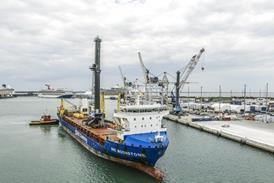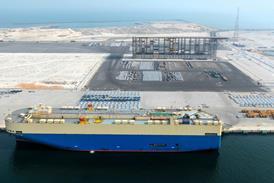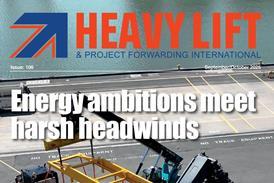Research from international law firm HFW has found that London continues to dominate the market for maritime arbitration, accounting for more than 80 percent of all cases globally.
The UK has long been an established hub for maritime shipping-related services, with English law clauses often used in charter parties, for instance.
In particular, London is home to a significant proportion of international arbitration cases; in 2019 the city handled 1,737 maritime arbitrations, up 14 percent on the previous year. This, according to HFW, equates to around 83 percent of all international maritime arbitrations that year.
However, London is not the only location where arbitration takes place. Brexit spurred on companies such as Lloyd’s and AIG to consider new bases in mainland Europe as a result of the UK’s departure from the EU, placing a question mark over the city’s future as the premier centre for the resolution of shipping disputes.
Still, the two most popular alternatives to the English capital are outside of Europe – Singapore and Hong Kong. These cities handled 229 and 124 international maritime arbitrations in 2019, respectively.
Craig Neame, partner at HFW, said: “This data clearly shows the extent of London’s continued dominance in the international maritime arbitration industry, and we see nothing to suggest that will change anytime soon. Credibility and trust in London’s arbitration centres remain high amongst international parties.
“Singapore and Hong Kong remain attractive to companies in Asia, and in recent years the UAE has launched the Middle East’s first dedicated maritime arbitration centre – the Emirates Maritime Arbitration Centre – and the Nordic Offshore and Maritime Arbitration Association was established as an alternative to post-Brexit London for both maritime and non-maritime international disputes. They may emerge as future forces in international maritime arbitration, but, for now, London – and English law – continues to rule the waves.”
As the UK continues its post-EU transition period – and the world grapples with the Covid-19 pandemic and its economic aftershocks – Neame noted that it is, “difficult to predict with absolute certainty the future maritime arbitral landscape”.
“However,” he added, “as companies within the industry start to face economic challenges and ensuing disputes as a result of the post-pandemic global financial downturn, we expect the use of arbitration to increase. In these challenging times, the flexibility, faster resolution and potentially lower costs offered by arbitration may make it an increasingly popular choice for resolving maritime disputes.”
















